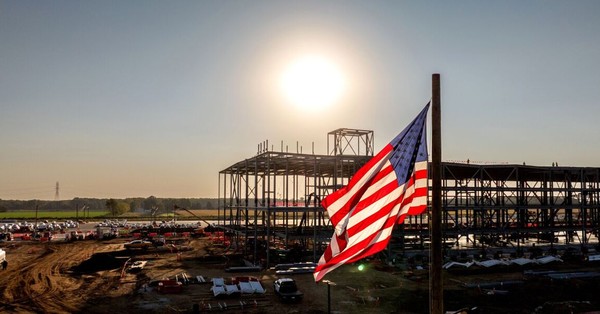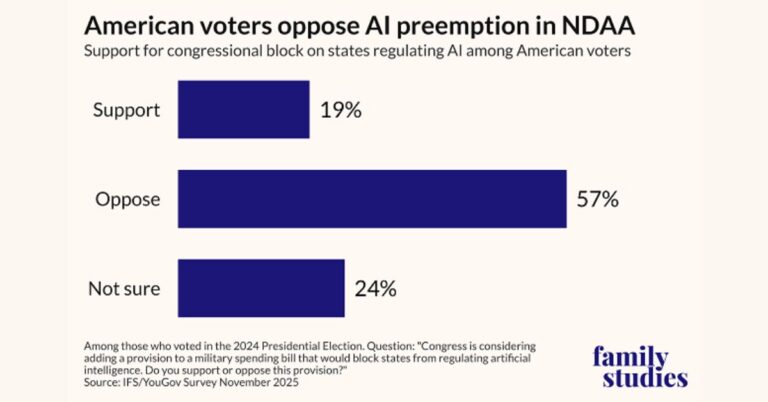Verizon Business is proud to declare that its private 5G wireless network has been launched at The Smart Factory @ Wichita, the cutting-edge Industry 4.0 experience center created by Deloitte.
Verizon has joined forces with Deloitte and other leading Smart Factory companies to boost the implementation of advanced smart manufacturing solutions along with cutting-edge Industry 4.0 technologies, allowing manufacturing enterprises to swiftly embrace these new business models that improve quality and productivity while remaining sustainable.
As a Builder-level collaborator in The Smart Factory @ Wichita, Verizon looks to leverage the collective strength of these 20 world leaders for customers from industries everywhere. This network offers an unrivaled opportunity to revolutionize connectivity and unlock the power of data, allowing us better coordinate people and assets than ever before.
Verizon’s private 5G wireless network will enable The Smart Factory @ Wichita, providing features that include:
- Enhanced shop floor visibility: By leveraging predictive maintenance analytics on equipment, shop floor visibility is improved, and uptime & productivity can be increased by targeting up to 50% of the root causes for downtime.
- Improved quality assurance and reduced defects: By identifying potential flaws in goods or services before they reach the customers, Quality Assurance goes a long way towards enhancing their experience and reducing throwaways.
- Material handling automation: By leveraging material handling automation, such as AGV and AMR fleets, enterprises can ensure increased reliability, consistency, safety, and accuracy when transporting materials across the plant.
- Workplace safety: By reducing human error and manual labor, both the risk of injury and financial losses due to a decrease in productivity are significantly reduced.
The Smart Factory @ Wichita is an ideal representation of industry 4.0, uniting a wide variety of corporate partners, vendors, researchers, and innovative technologies into one powerful ecosystem for maximum impact.
Verizon Business is proud to announce the massive bandwidth and lightning-fast data speeds of 5G, allowing businesses unparalleled flexibility when it comes to dreaming big or starting small. Jennifer Artley, SVP of 5G Acceleration at Verizon Business, quipped, “5G will be the bedrock for Industry 4.0 – so we’re ecstatic about bringing its transformative power over The Smart Factory @ Wichita” This development promises huge leaps in scalable ideas as well as collaborative innovation.
Located at the Innovation Campus of Wichita State University, this state-of-the-art facility features a fully functional production line and experiential labs to help organizations explore cutting-edge smart manufacturing technology and strategies.
By visiting this facility, visitors will gain insight into how smart manufacturing concepts connect the Internet of Things (IoT), cloud services, artificial intelligence (AI), and computer vision, amongst other technologies. This union is engineered to create an interconnected system that can make real-time decisions based on a stream of data collected.
Jason Bergstrom, the Smart Factory Go-to-Market leader and principal of Deloitte Consulting LLP, asserted that as intelligent manufacturing is applied across all industries, the number of devices, amount of data and information available to manufacturers are increasing exponentially.
By joining Verizon’s 5G expertise with Deloitte’s multifaceted proficiency in business strategy, technology, and industrial know-how, along with other Smart Factory @ Wichita ecosystem contributors, the organizations can help their customers expedite the implementation of operational transformations.
By collaborating with Deloitte at the Smart Factory in Wichita, Verizon, and The Smart Factory are unitedly innovating using 5G technology and edge computing to revolutionize retail and manufacturing industries.







































